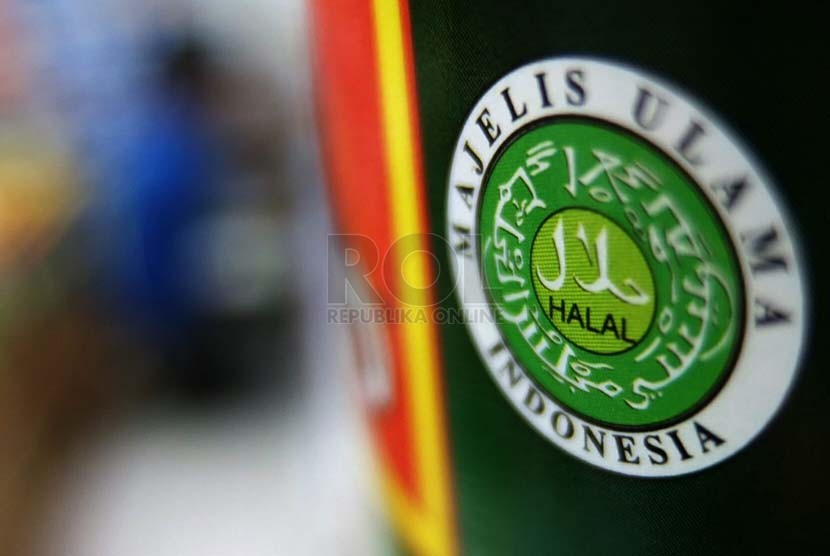REPUBLIKA.CO.ID, JAKARTA -- The Halal Product Guarantee Management Agency (BPJPH) of the Ministry of Religious Affairs of the Republic of Indonesia states that the mandatory halal rules set out in Law (UU) No 33 of 2014 on Halal Product Guarantee serve to ensure the safety of consumers and producers.
“In an economy there are two main actors: producers and consumers. This law accommodates these two actors, it can provide consumers with comfort, safety, and certainty of the purity of a product consumed,” said Head of the Center for Coaching and Supervision of Halal Product Assurance BPJPH Dzikro in a seminar attended online in Jakarta, Monday (26/8/2024).
As for producers, Dzikro said the rule provides added value in the form of halal certification, which is mandatory for all products distributed in Indonesia according to the mandate of Law No. 33 of 2014.
With the proliferation of halal lifestyles around the world, he said, the halal label became one that people consider before buying a product for consumption.
“Logically, producers need to add value to those consumers. This law has the noble ideal of providing safety, comfort, safety, and certainty of halal products for the people,” he said.
Dzikro also explained that the mandatory halal rules are also an attempt by the government to protect consumers and producers in Indonesia. Initially, he explained, halal certification was voluntary or voluntary on the part of producers to attach halal labels as added value to their products, through an institution belonging to the Indonesian Ulama Assembly (MUI).
“Since the promulgation of Law No. 33 of 2014, its nature has changed to mandatory, because Article 4 of the law requires that all products entering, circulating, and traded in Indonesia must be certified halal. Then this becomes a legal product,” he said.
Dzikro explained that there are two things that are regulated by halal obligations, namely goods and services. On goods, some things are regulated such as food, raw materials/food additives, medicines, cosmetics, and other consumer goods. As for services, the things that are regulated by halal obligations are slaughter, processing, storage, packaging, distribution, sale, and presentation of consumer goods.
As for products containing ingredients of something illegal, he said, it is excluded from the obligation of halal certification, and obliged to affix non-halal labels.
Nevertheless, Dzikro mentioned that the mandatory implementation of halal cannot be done at one time. Therefore, the government gave the deadline gradually, so that by October 17, 2024, only food and beverages, raw materials/food supplements, and slaughtering/slaughter services alone will be required to be certified halal.


